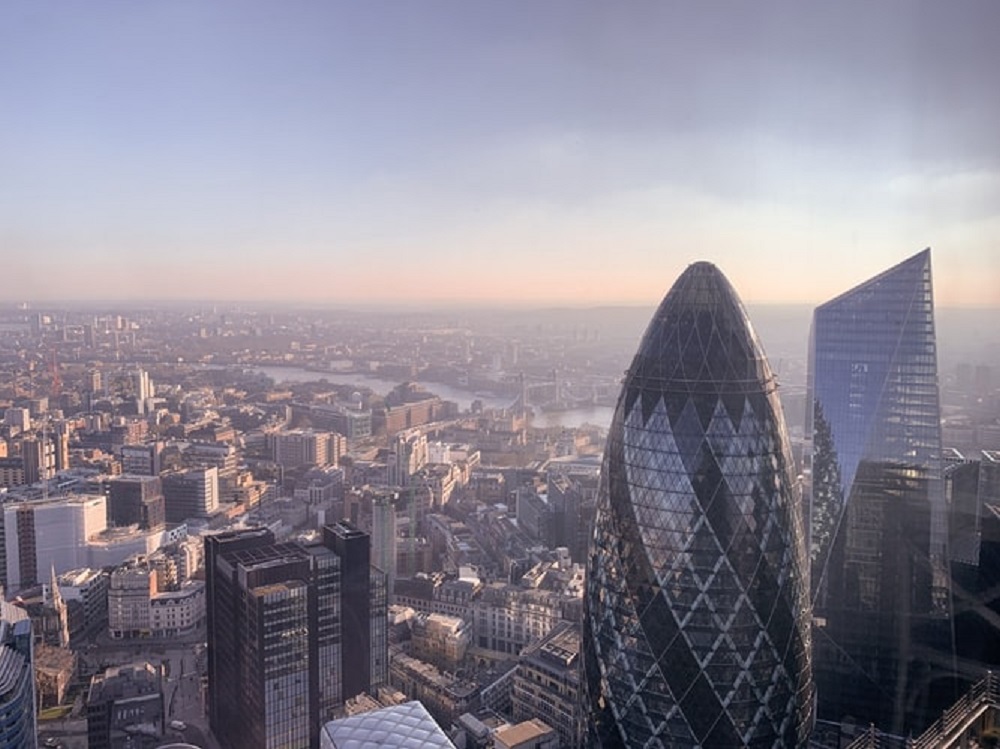The Federation of Small Businesses (FSB) has published its FSB London Infrastructure Report which highlights the small business views on transportation, broadband and mobile telephony, and how these impact on business.
Key recommendations include:
– Reintroducing an all-encompassing Diesel Scrappage Scheme for Vans and HGVs
– Delay the full implementation of the ULEZ until May 2022 to help businesses most affected by the Pandemic
– Reduce the London Congestion Charge back to £11.50 with immediate effect
– Reform the current charging structures on London’s roads and replace with a fully demand managed form of pricing to support essential business journeys.
Building the right environmentally-friendly infrastructure for small businesses to thrive in is of paramount importance.
With one in five small businesses not aware of the changes to the ULEZ coming in October 2021 shows that much more still needs to be done to ensure every small business owner entering the Congestion Charge/ULEZ zone is aware and is supported in upgrading their vehicles.
London’s small businesses have been severely impacted by the pandemic and more time and money is needed for them to prepare for the ULEZ.
FSB London asks that the current/temporary Congestion Charge fee be reduced after 31% of small businesses advise that they have been negatively affected by the changes to the increase from £11.50 to £15.
Michael Lloyd, London Infrastructure Policy Lead for FSB, said: “The recent survey carried out by the FSB shows that small businesses need more time to prepare for the ULEZ expansion later this year and that they need financial support to upgrade to non-polluting vehicles.
NOW READ: City Corporation extends popular outdoor dining measures to support hospitality industry
The cost of doing business for in the capital is high and with the cost of the pandemic too, it is vital that the ULEZ expansion is delayed or a ‘period of grace’ provided to enable small businesses more time to get prepared”.
Survey data shows that:
- 79% of small businesses consider the adoption of a green policy as important.
- 72% of small businesses say that London’s public transport system is important to them/their customers.
- Of those small businesses that are using micromobility or active travel to work options, 86% of small businesses highlighted ‘walking’ as their favoured active travel to work and nearly 50% are ‘cycling’.
- One in five small businesses are not aware of the changes to the ULEZ coming in October 2021.
- 58% of small businesses say there should be a demand managed road pricing scheme and that the current charging structure should be removed.
- 47% of small businesses use vehicles for their business operations. The majority making use of cars or small vans (under 1,205kg unladen) with 7% of these being electric.
- Of those (the 47%) who use a business vehicle, 20% are entering the congestion zone at least once a week.
- 31% of small businesses have been negatively affected by the changes to the London Congestion Charge increase from £11.50 to £15.
- 22% of small businesses are still without superfast fibre broadband available in the London area.
Sat Pillai, London Environment Policy Lead for FSB suggests: “Small businesses are often at the heart of communities and value social good as one of their key priorities. They are the most underrated and overlooked agents for change. Helping small businesses understand how they can help achieve net-zero or other long term targets will create a ripple effect in society where small business interconnectedness could deliver real change”.
For the latest headlines from the City of London and beyond, follow City Matters on Twitter, Instagram and LinkedIn.







